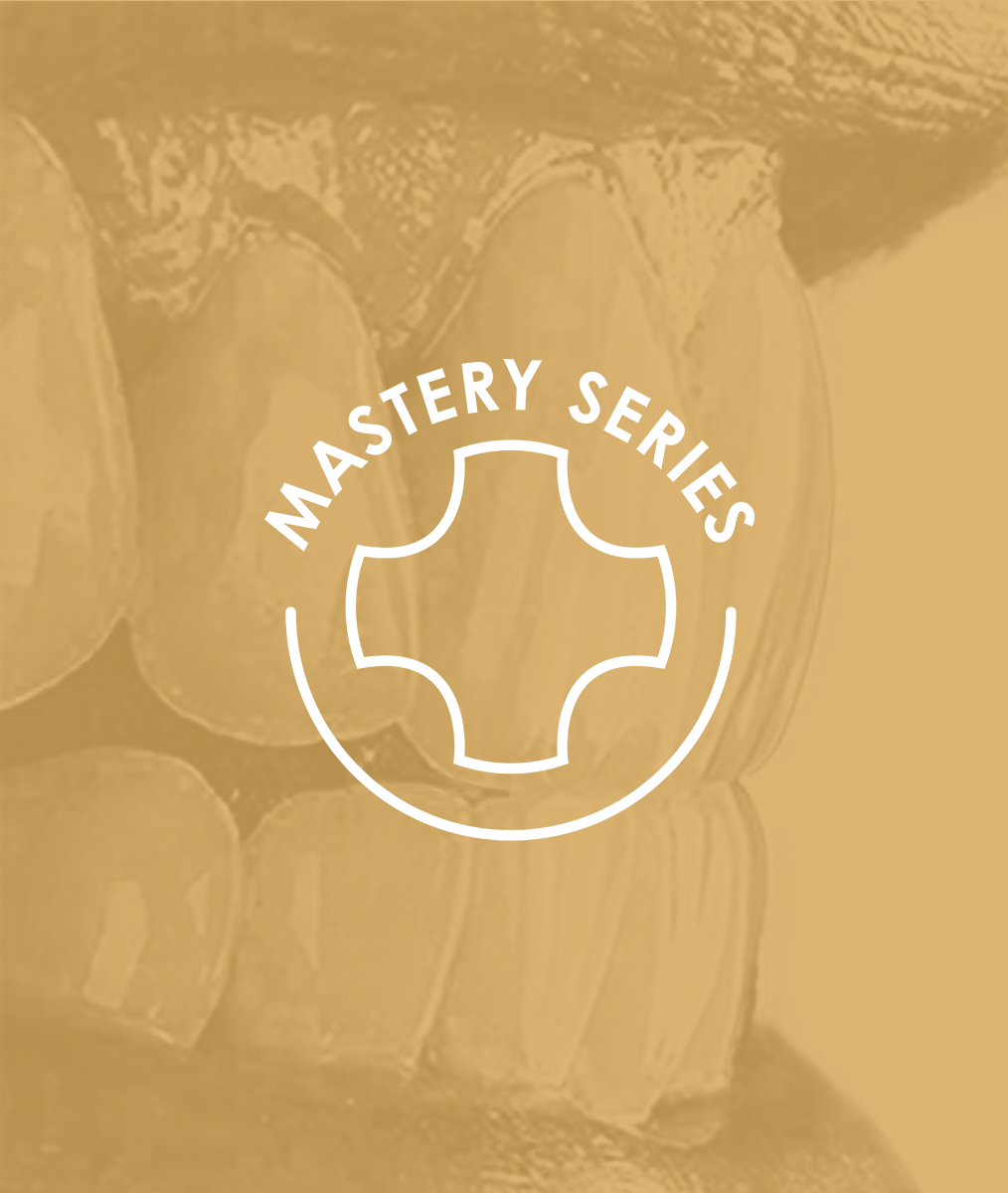Go Green Dentistry
At my Falmouth, Maine dental practice, we worked as an entire dental team in 2021 to identify the ways we were and could reduce waste, reduce pollution, save water, and save energy. Then, we posted our Go Green efforts on our website and social media. Our patients and community are responding well to knowing we are doing our part to reduce the impact on the environment.
Below are some ways we reduce, re-use, and recycle. By doing these, we’ve also saved money. I wouldn’t be surprised if you are doing the same in your practice. If so, our experience suggests you can publish your list of actions to boost environmental awareness and appreciation for your dental practice in your community.
Note: Although we’ve practiced most of these for many years, most patients were oblivious to the fact that these are green activities. This is just “out of sight, out of mind” typical human behavior. Also, our team collaboration on intentionally “going green” heightened every team member’s awareness, cooperation, and sense of pride.
Waste Reduction
- We are reusing lab and shipping boxes.
- We order our often-used items in bulk from local businesses and combine orders to cut down on shipping products needed to fulfill our orders.
- Utilizing digital x-rays significantly reduces a patient’s exposure to radiation 60% compared to conventional films. Also, there are no hazardous processing chemicals or lead-lined plastic packaging to dispose of.
- We recycle virtually all our paper and plastic products that have no patient contact. We do this through our community weekly recycling pick up.
- We always use washable dishes, coffee mugs and utensils in the staff kitchen.
- We save approximately 12,000 pieces of paper a year by using chartless software. All appointment reminders are sent by email.
Energy Conservation
- We installed programmable thermostats.
- We installed motion sensors and turn off power at night.
Water Conservation
- We use a dry evacuation (waterless) vacuum system to reduce the amount of water waste. By using this type of system, we save approximately 360 gallons of water per day.
- We turn our Water and Compressor Vacuum system off at lunch and at the end of the day.
- We incorporated waterless hand sanitizers in addition to soap.
Pollution Prevention
- The amalgam separator we installed keeps mercury-containing filling materials from entering our water supply. The EPA estimates that 50% of all mercury entering the local wastewater treatment facilities comes from dental offices.
- To effectively sterilize our instruments, we use a steam sterilization system. We do not do cold sterilization that requires toxic chemicals.
Related Course
Mastering Dental Photography: From Start to Finish
DATE: October 10 2024 @ 8:00 am - October 12 2024 @ 2:00 pmLocation: The Pankey Institute
CE HOURS: 21
Dentist Tuition: $ 2495
Single Occupancy with Ensuite Private Bath (per night): $ 290
Dental photography is an indispensable tool for a high level practice. We will review camera set-up and what settings to use for each photo. All photos from diagnostic series, portraits,…
Learn More>







